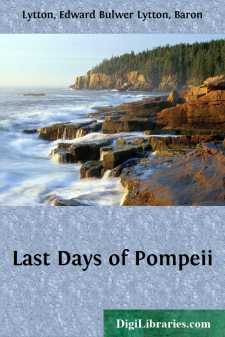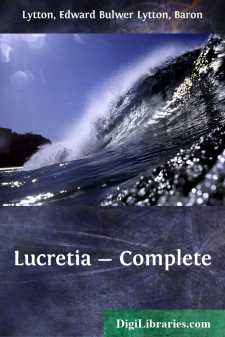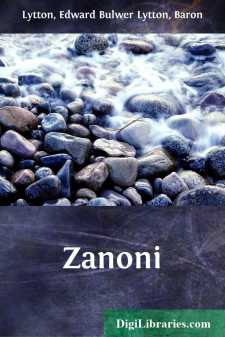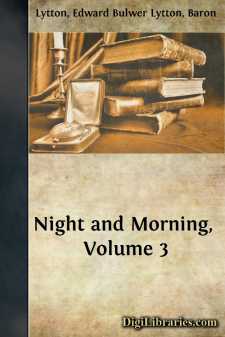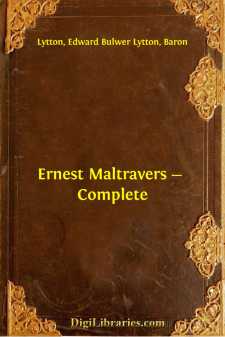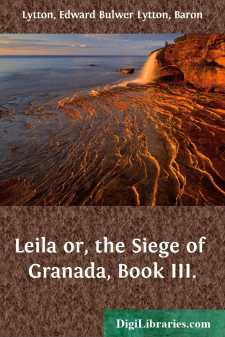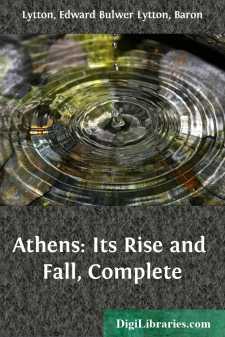Categories
- Antiques & Collectibles 13
- Architecture 36
- Art 48
- Bibles 22
- Biography & Autobiography 815
- Body, Mind & Spirit 144
- Business & Economics 28
- Children's Books 18
- Children's Fiction 14
- Computers 4
- Cooking 94
- Crafts & Hobbies 4
- Drama 346
- Education 58
- Family & Relationships 59
- Fiction 11833
- Games 19
- Gardening 17
- Health & Fitness 34
- History 1378
- House & Home 1
- Humor 147
- Juvenile Fiction 1873
- Juvenile Nonfiction 202
- Language Arts & Disciplines 89
- Law 16
- Literary Collections 686
- Literary Criticism 179
- Mathematics 13
- Medical 41
- Music 40
- Nature 179
- Non-Classifiable 1768
- Performing Arts 7
- Periodicals 1453
- Philosophy 65
- Photography 2
- Poetry 896
- Political Science 203
- Psychology 44
- Reference 154
- Religion 515
- Science 126
- Self-Help 85
- Social Science 82
- Sports & Recreation 34
- Study Aids 3
- Technology & Engineering 59
- Transportation 23
- Travel 463
- True Crime 29
Sort by:
Chapter I. THE TWO GENTLEMEN OF POMPEII. 'HO, Diomed, well met! Do you sup with Glaucus to-night?' said a young man of small stature, who wore his tunic in those loose and effeminate folds which proved him to be a gentleman and a coxcomb. 'Alas, no! dear Clodius; he has not invited me,' replied Diomed, a man of portly frame and of middle age. 'By Pollux, a scurvy trick! for...
more...
CHAPTER I. His teeth he still did grind, And grimly gnash, threatening revenge in vain.—SPENSER. IT is now time to return to Lord Vargrave. His most sanguine hopes were realized; all things seemed to prosper. The hand of Evelyn Cameron was pledged to him, the wedding-day was fixed. In less than a week she was to confer upon the ruined peer a splendid dowry, that would...
more...
CHAPTER I. A FAMILY GROUP. One July evening, at the commencement of the present century, several persons were somewhat picturesquely grouped along an old-fashioned terrace which skirted the garden-side of a manor-house that had considerable pretensions to baronial dignity. The architecture was of the most enriched and elaborate style belonging to the reign of James the First: the porch, opening on the...
more...
INTRODUCTION. One of the peculiarities of Bulwer was his passion for occult studies. They had a charm for him early in life, and he pursued them with the earnestness which characterised his pursuit of other studies. He became absorbed in wizard lore; he equipped himself with magical implements,—with rods for transmitting influence, and crystal balls in which to discern coming scenes and persons; and...
more...
CHAPTER I. "The knight of arts and industry, And his achievements fair." THOMSON'S Castle of Indolence: Explanatory Verse to Canto II. In a popular and respectable, but not very fashionable quartier in Paris, and in the tolerably broad and effective locale of the Rue ——, there might be seen, at the time I now treat of,...
more...
Set a thief to catch a thief.—-Proverb. I. Whenever you are about to utter something astonishingly false, always begin with, "It is an acknowledged fact," etc. Sir Robert Filmer was a master of this method of writing. Thus, with what a solemn face that great man attempted to cheat! "It is a truth undeniable that there cannot be any multitude of men whatsoever, either great or small, etc.,...
more...
CHAPTER I. "My meaning in't, I protest, was very honest in the behalf of themaid * * * * yet, who would have suspected an ambush where I wastaken?" All's Well that Ends Well, Act iv. Sc. 3. SOME four miles distant from one of our northern manufacturing towns, in the year 18—, was a wide and desolate common; a more dreary spot it is impossible to conceive—the herbage grew up in...
more...
CHAPTER I. ISABEL AND THE JEWISH MAIDEN. While this scene took place before the tribunal of Torquemada, Leila had been summoned from the indulgence of fears, which her gentle nature and her luxurious nurturing had ill-fitted her to contend against, to the presence of the queen. That gifted and high-spirited princess, whose virtues were her own, whose faults were of her age, was not, it is true, without...
more...
CHAPTER I. QUALIS ubi in lucem coluber . . . Mala gramina pastus.*—VIRGIL. Pars minima est ipsa puella sui.**—OVID. * "As when a snake glides into light, having fed on pernicious pastures." ** "The girl is the least part of himself." IT would be superfluous, and, perhaps, a sickening task, to detail at length the mode and manner in which Vargrave coiled his snares round the...
more...
CHAPTER I. Situation and Soil of Attica.—The Pelasgians its earliest Inhabitants.—Their Race and Language akin to the Grecian.—Their varying Civilization and Architectural Remains.—Cecrops.—Were the earliest Civilizers of Greece foreigners or Greeks?—The Foundation of Athens.—The Improvements attributed to Cecrops.—The Religion of the Greeks cannot be reduced to a simple System.—Its...
more...


